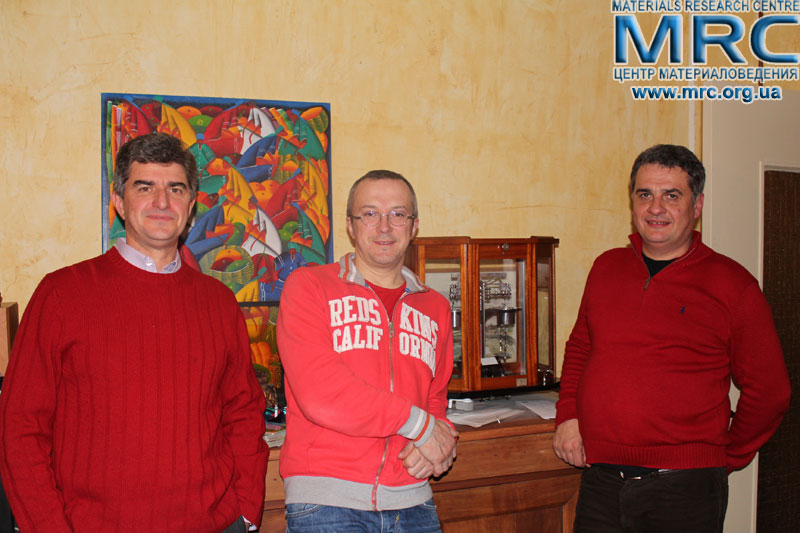 Director of Materials Research Centre, on February, 2013, visited Université Toulouse III - Paul Sabatier, to take part in work meeting. .
Director of Materials Research Centre, on February, 2013, visited Université Toulouse III - Paul Sabatier, to take part in work meeting. .
On the work meeting with Patrice Simon, professor in Material Science at Paul Sabatier University, CIRIMAT Laboratory, his staff, prof. Yury Gogotsi, director of DNI, Drexel University, USA, MRC director Oleksiy Gogotsi discussed the actual problems of the renewable energy production increasing and modern energy storage systems developing. They discussed participation of Ukrainian scientific research organization - Materials Research Centre - in the international projects and agreed to conduct joint research in electrochemistry and modern sources and energy storage devices. Prof. Patrice Simon"s research is focused on the synthesis and the characterization of nanostructured materials for electrochemical energy storage sources, including Electrochemical Capacitors and Li-ion battery systems. He is mainly involved in research on high surface area porous carbons for Electrochemical Capacitors (supercapacitors).
 Toulouse University - one of the oldest universities in France and Europe, founded in XIII century.
Toulouse University - one of the oldest universities in France and Europe, founded in XIII century.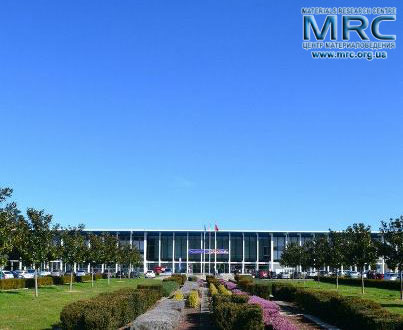 During the French Revolution Toulouse University shared the fate of all other provincial universities - it was closed and its property was confiscated. In the XIX century, higher education in Toulouse existed in the form of autonomous faculties, recreated by Napoleon I. In 1969, the University of Toulouse split into three separate universities and numerous specialised institutions of higher education. After May 1968 it disbanded on:
During the French Revolution Toulouse University shared the fate of all other provincial universities - it was closed and its property was confiscated. In the XIX century, higher education in Toulouse existed in the form of autonomous faculties, recreated by Napoleon I. In 1969, the University of Toulouse split into three separate universities and numerous specialised institutions of higher education. After May 1968 it disbanded on:
Université Toulouse I - Capitole, sciences sociales (Law, Economics, Management)
Université Toulouse II - Toulouse-Le Mirail (Arts, Literature, Humanities and Languages)
Université Toulouse III - Paul Sabatier(Science, Technologies and Health). Today’s Toulouse III was named for Paul Sabatier, winner of the 1912 Nobel prize in chemistry, when it was established on the foundations of the old university in 1969. The Université Paul Sabatier (UPS), an educational leader in France’s Midi-Pyrénées region, offers a broad array of programs in the sciences, technology, health, and athletics.
The present-day Université de Toulouse (University of Toulouse) was founded on 27 March 2007. With more than 100,000 students, Midi-Pyrénées is the fifth-largest university area in France
Graduation Ceremony Of The Six Class Of The Erasmus Mundus Master Course In Materials For Energy Storage and Conversion





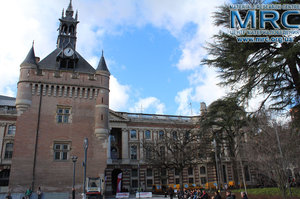
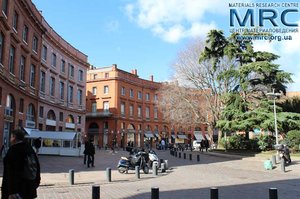







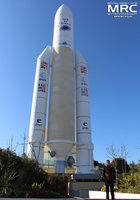
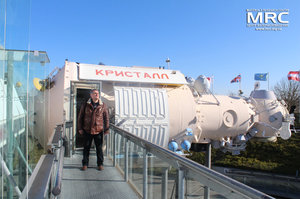
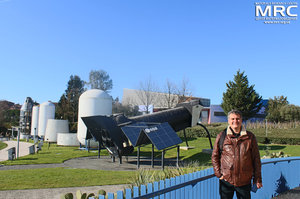
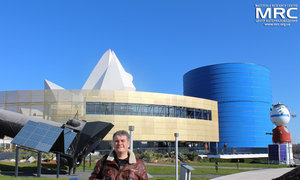


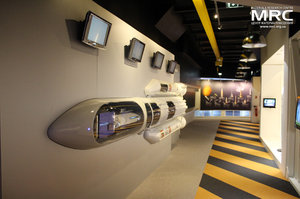



 Highlights
Highlights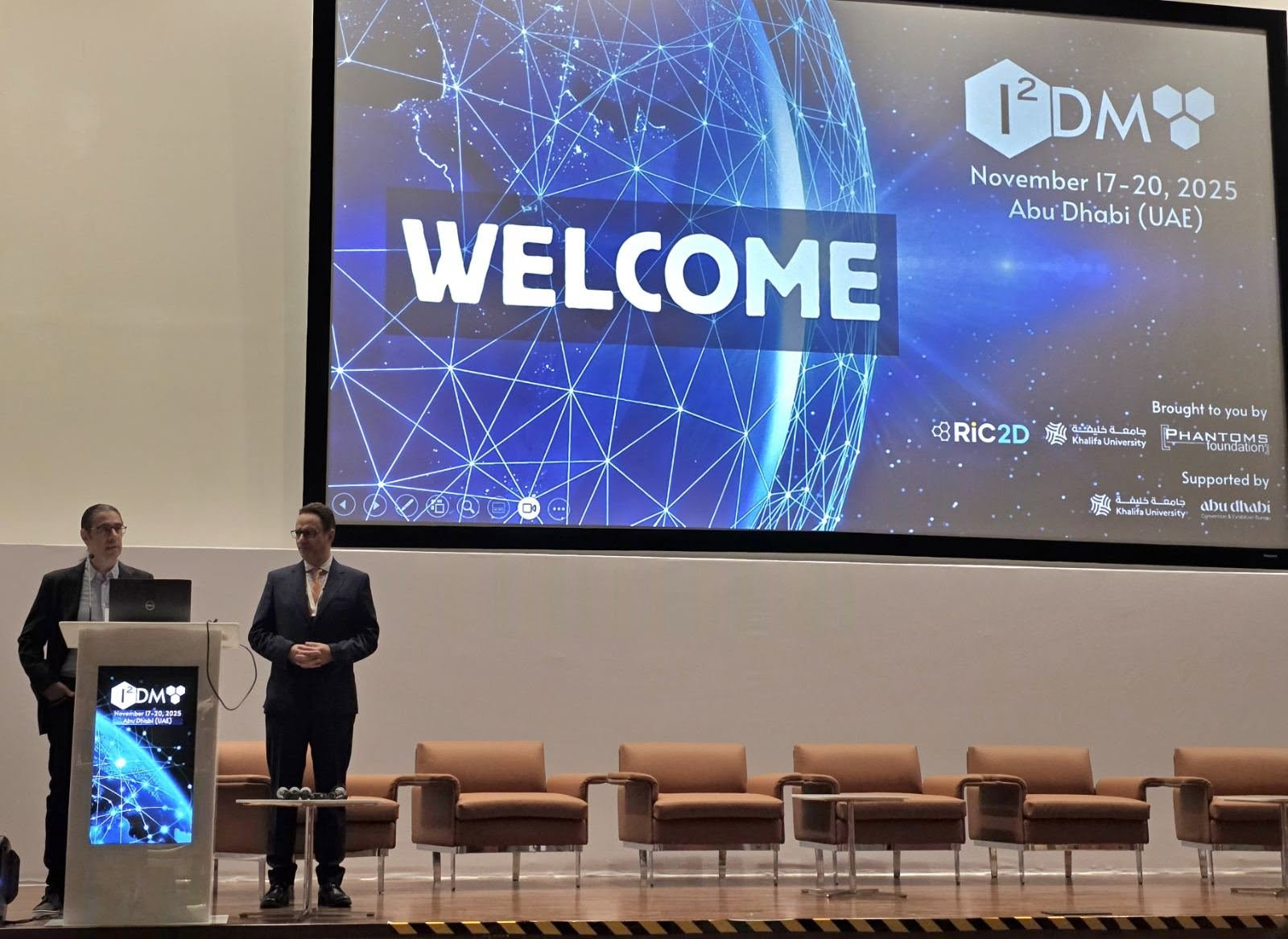 We are excited to share that our Carbon-Ukraine (Y-Carbon LLC) company participated in the I2DM Summit and Expo 2025 at Khalifa University in Abu-Dhabi! Huge thanks to Research & Innovation Center for Graphene and 2D Materials (RIC2D) for hosting such a high-level event.It was an incredible opportunity to meet brilliant researchers and innovators working on the next generation of 2D materials. The insights and energy from the summit will definitely drive new ideas in our own development.
We are excited to share that our Carbon-Ukraine (Y-Carbon LLC) company participated in the I2DM Summit and Expo 2025 at Khalifa University in Abu-Dhabi! Huge thanks to Research & Innovation Center for Graphene and 2D Materials (RIC2D) for hosting such a high-level event.It was an incredible opportunity to meet brilliant researchers and innovators working on the next generation of 2D materials. The insights and energy from the summit will definitely drive new ideas in our own development. Carbon-Ukraine team had the unique opportunity to visit XPANCEO - a Dubai-based deep tech startup company that is developing the first smart contact lenses with AR vision and health monitoring features, working on truly cutting-edge developments.
Carbon-Ukraine team had the unique opportunity to visit XPANCEO - a Dubai-based deep tech startup company that is developing the first smart contact lenses with AR vision and health monitoring features, working on truly cutting-edge developments. Our Carbon-Ukraine team (Y-Carbon LLC) are thrilled to start a new RIC2D project MX-Innovation in collaboration with Drexel University Yury Gogotsi and Khalifa University! Amazing lab tours to project collaborators from Khalifa University, great discussions, strong networking, and a wonderful platform for future collaboration.
Our Carbon-Ukraine team (Y-Carbon LLC) are thrilled to start a new RIC2D project MX-Innovation in collaboration with Drexel University Yury Gogotsi and Khalifa University! Amazing lab tours to project collaborators from Khalifa University, great discussions, strong networking, and a wonderful platform for future collaboration.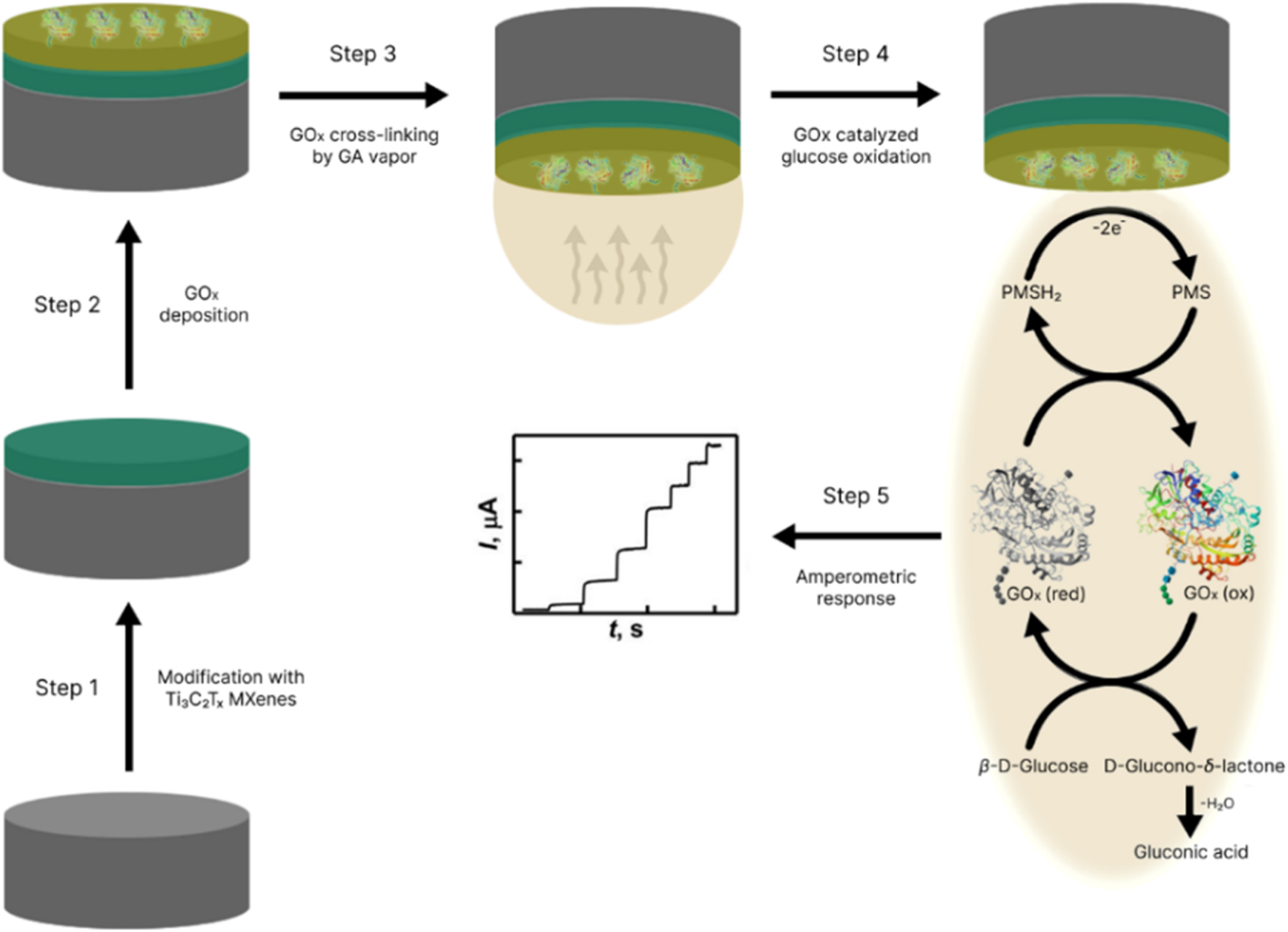
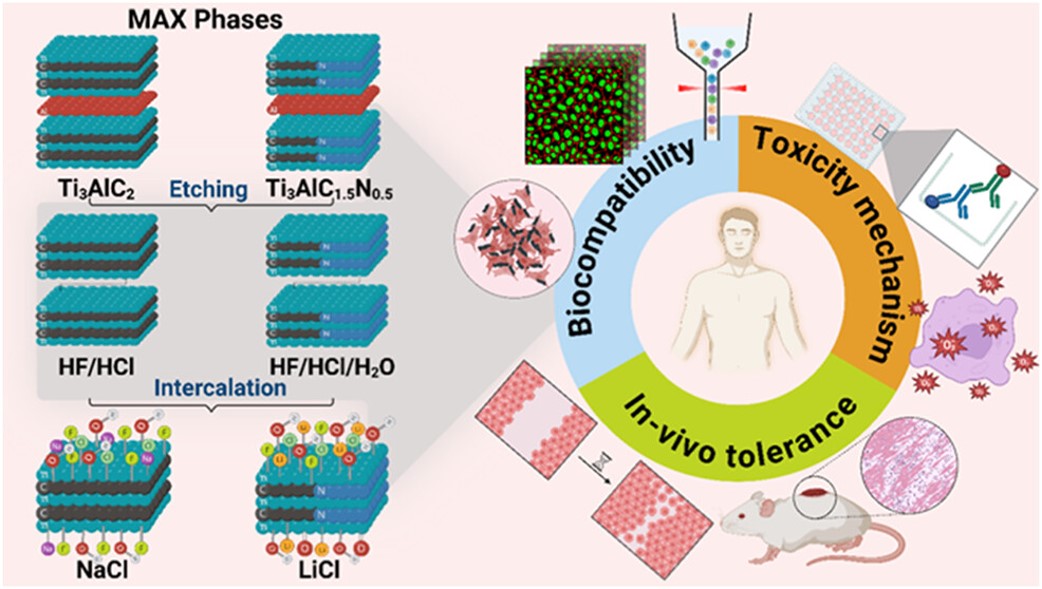 MXenes potential applications include sensors, wound healing materials, and drug delivery systems. A recent study explored how different synthesis methods affect the safety and performance of MXenes. By comparing etching conditions and intercalation strategies, researchers discovered that fine-tuning the surface chemistry of MXenes plays a crucial role in improving biocompatibility. These results provide practical guidelines for developing safer MXenes and bring the field one step closer to real biomedical applications.
MXenes potential applications include sensors, wound healing materials, and drug delivery systems. A recent study explored how different synthesis methods affect the safety and performance of MXenes. By comparing etching conditions and intercalation strategies, researchers discovered that fine-tuning the surface chemistry of MXenes plays a crucial role in improving biocompatibility. These results provide practical guidelines for developing safer MXenes and bring the field one step closer to real biomedical applications. An excellent review highlighting how MXene-based sensors can help tackle one of today’s pressing environmental challenges — heavy metal contamination. Excited to see such impactful work moving the field of environmental monitoring and sensor technology forward!
An excellent review highlighting how MXene-based sensors can help tackle one of today’s pressing environmental challenges — heavy metal contamination. Excited to see such impactful work moving the field of environmental monitoring and sensor technology forward!
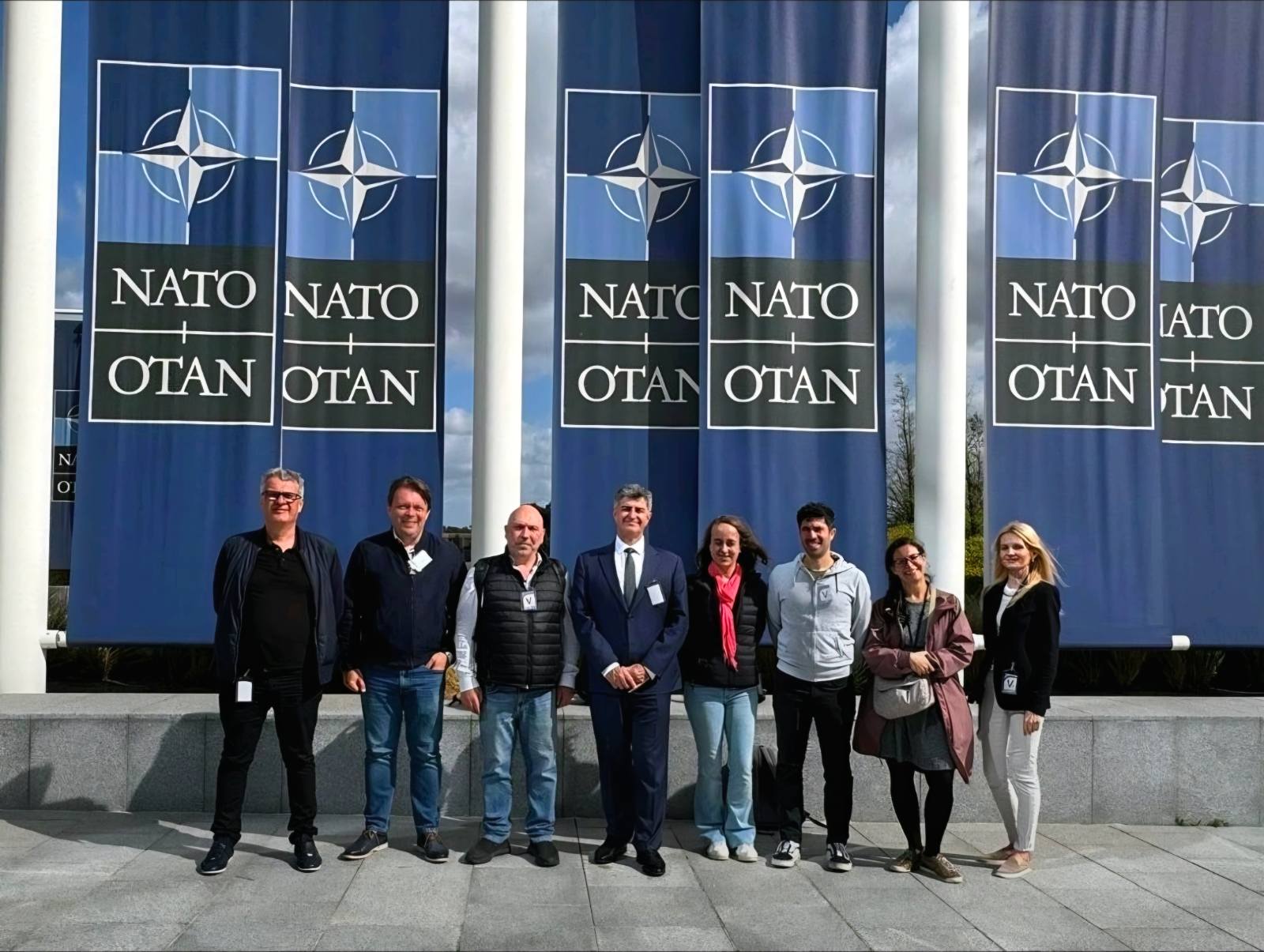 Carbon-Ukraine team was truly delighted to take part in the kickoff meeting of the ATHENA Project (Advanced Digital Engineering Methods to Design MXene-based Nanocomposites for Electro-Magnetic Interference Shielding in Space), supported by NATO through the Science for Peace and Security Programme.
Carbon-Ukraine team was truly delighted to take part in the kickoff meeting of the ATHENA Project (Advanced Digital Engineering Methods to Design MXene-based Nanocomposites for Electro-Magnetic Interference Shielding in Space), supported by NATO through the Science for Peace and Security Programme.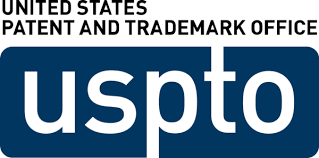 Exellent news, our joint patent application with Drexel University on highly porous MAX phase precursor for MXene synthesis published. Congratulations and thanks to all team involved!
Exellent news, our joint patent application with Drexel University on highly porous MAX phase precursor for MXene synthesis published. Congratulations and thanks to all team involved!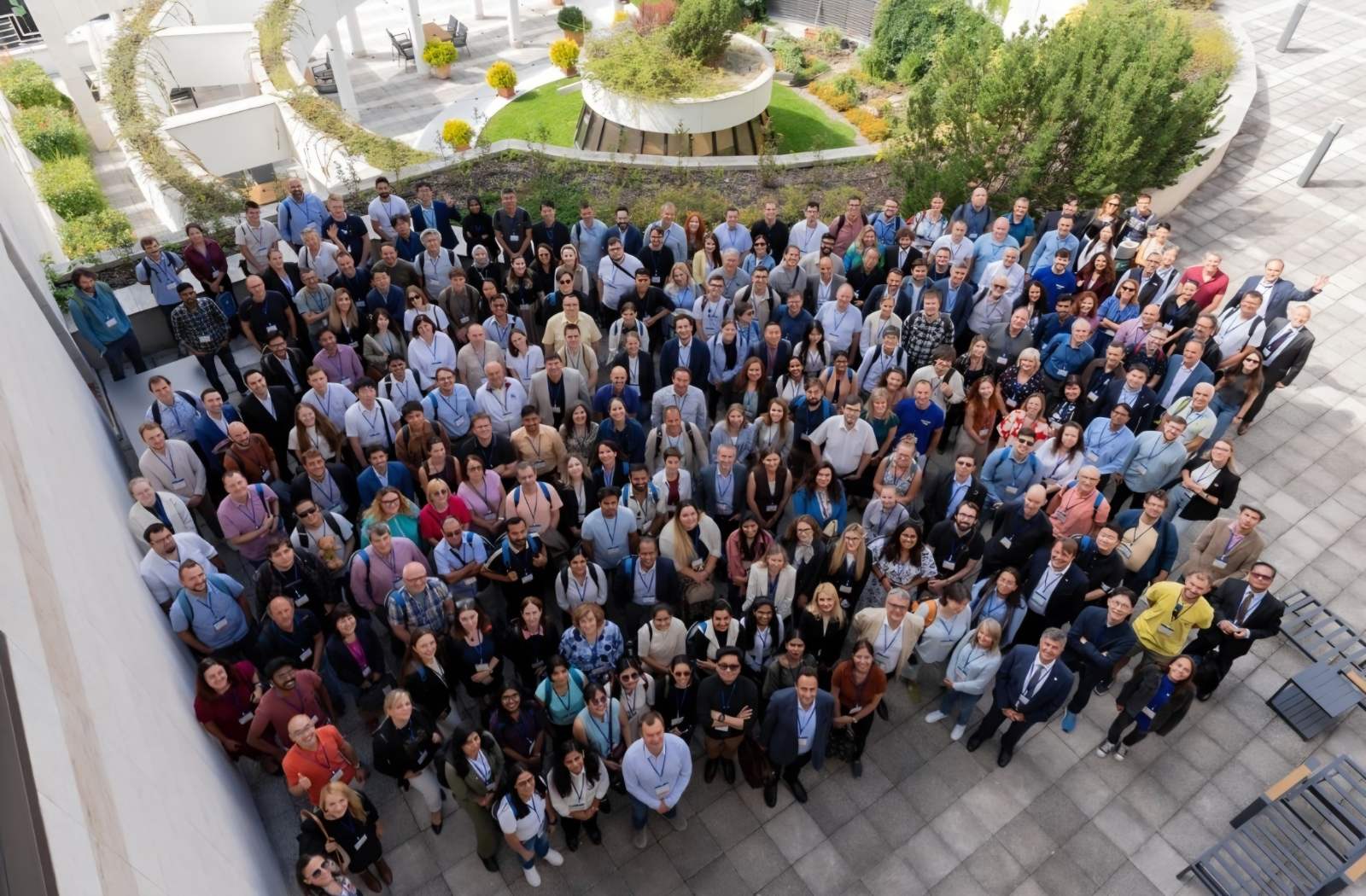 Our team was very delighted to take part in International Symposium "The MXene Frontier: Transformative Nanomaterials Shaping the Future" – the largest MXene event in Europe this year!
Our team was very delighted to take part in International Symposium "The MXene Frontier: Transformative Nanomaterials Shaping the Future" – the largest MXene event in Europe this year!  Last Call! Have you submitted your abstract for IEEE NAP-2025 yet? Join us at the International Symposium on "The MXene Frontier: Transformative Nanomaterials Shaping the Future" – the largest MXene-focused conference in Europe this year! Final Submission Deadline: May 15, 2025. Don’t miss this exclusive opportunity to showcase your research and engage with world leaders in the MXene field!
Last Call! Have you submitted your abstract for IEEE NAP-2025 yet? Join us at the International Symposium on "The MXene Frontier: Transformative Nanomaterials Shaping the Future" – the largest MXene-focused conference in Europe this year! Final Submission Deadline: May 15, 2025. Don’t miss this exclusive opportunity to showcase your research and engage with world leaders in the MXene field!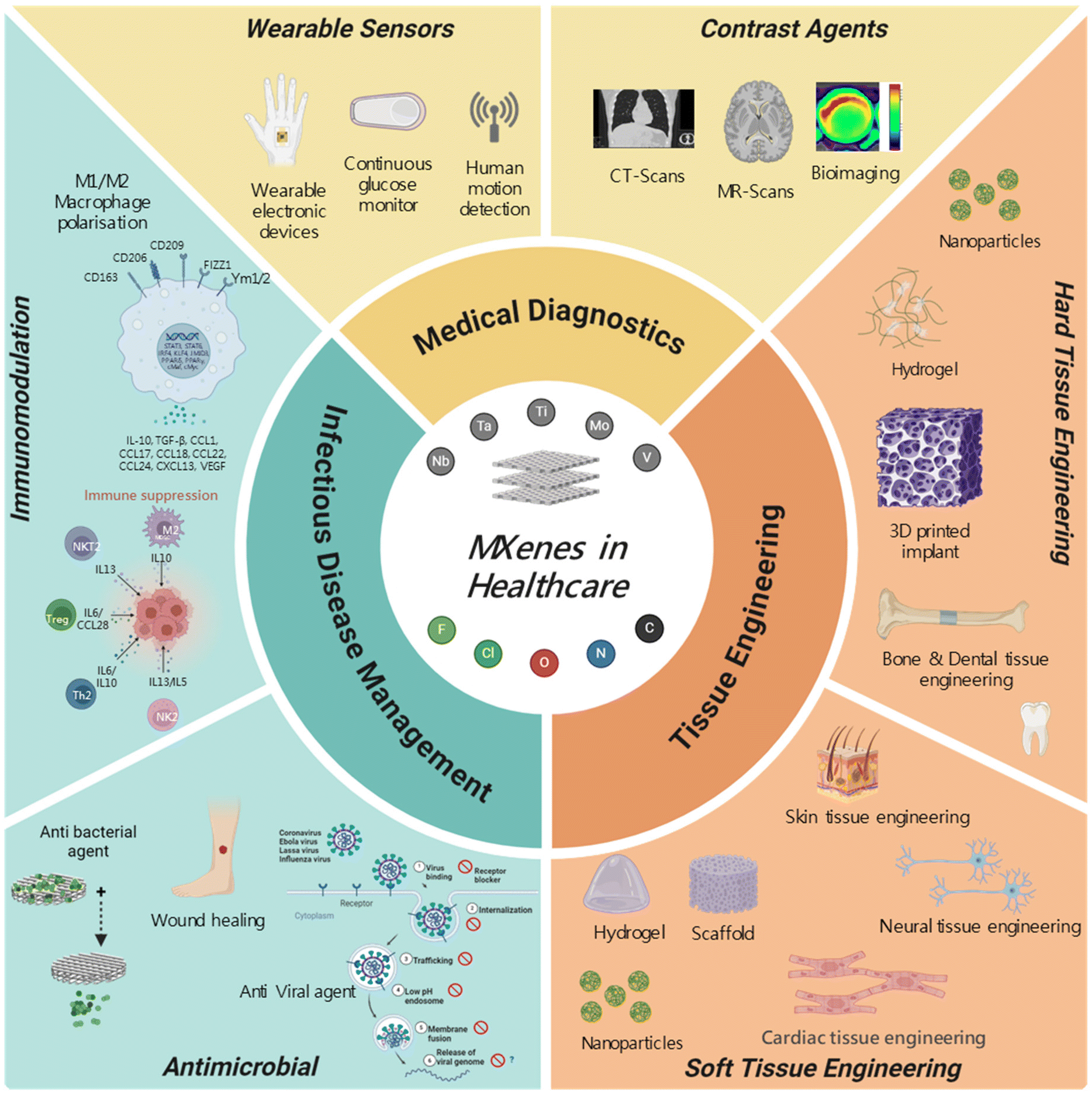 We are excited to announce the publication of latest review article on MXenes in Healthcare. This comprehensive review explores the groundbreaking role of MXenes—an emerging class of 2D materials—in revolutionizing the fields of medical diagnostics and therapeutics. Read the full article here: https://doi.org/10.1039/D4NR04853A.
We are excited to announce the publication of latest review article on MXenes in Healthcare. This comprehensive review explores the groundbreaking role of MXenes—an emerging class of 2D materials—in revolutionizing the fields of medical diagnostics and therapeutics. Read the full article here: https://doi.org/10.1039/D4NR04853A.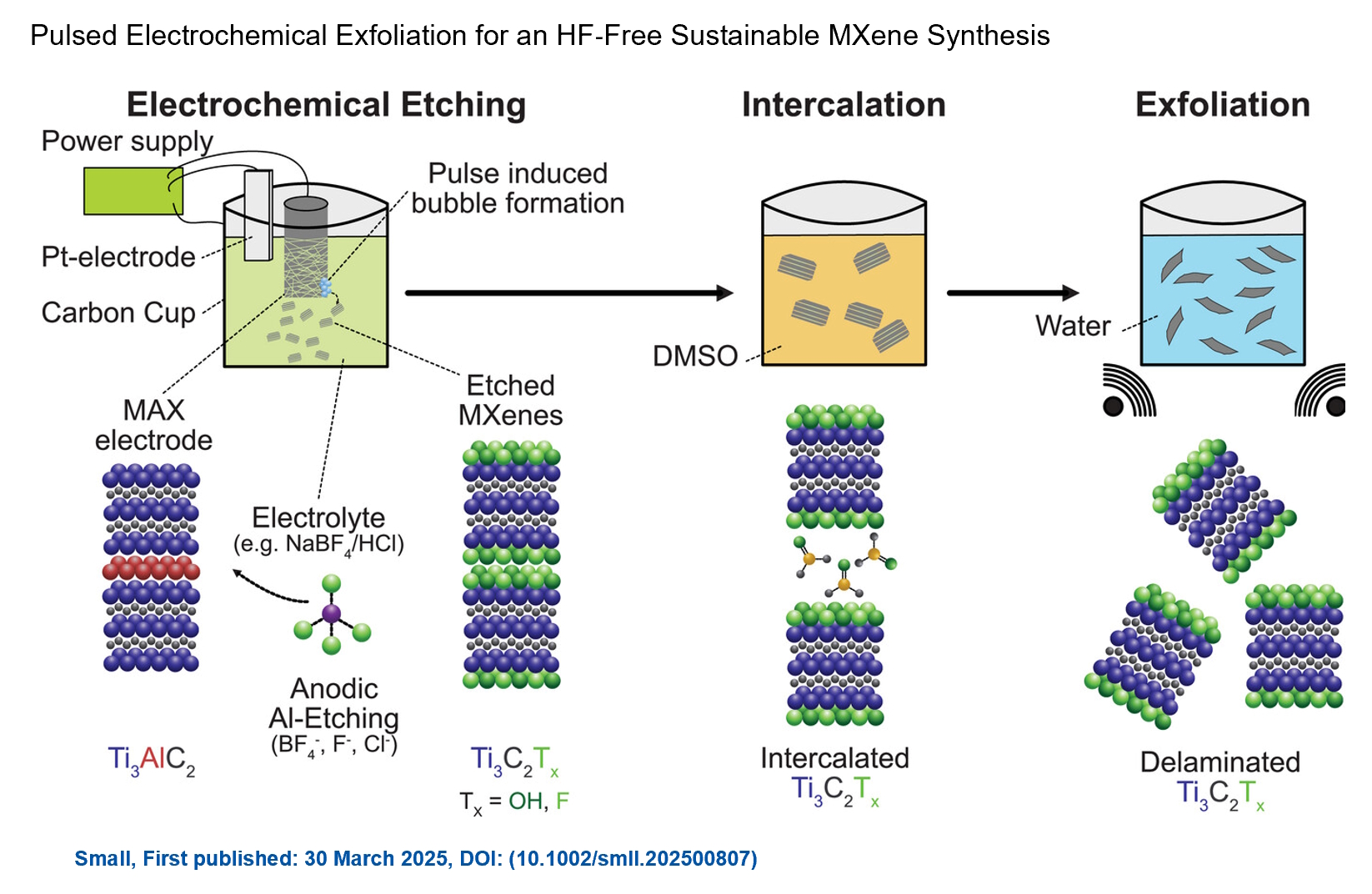 Congratulations and thank you to our collaborators from TU Wien and CEST for very interesting work and making it published! In this work, an upscalable electrochemical MXene synthesis is presented. Yields of up to 60% electrochemical MXene (EC-MXene) with no byproducts from a single exfoliation cycle are achieved.
Congratulations and thank you to our collaborators from TU Wien and CEST for very interesting work and making it published! In this work, an upscalable electrochemical MXene synthesis is presented. Yields of up to 60% electrochemical MXene (EC-MXene) with no byproducts from a single exfoliation cycle are achieved. Congratulations to all collaborators with this interesting joint work!
Congratulations to all collaborators with this interesting joint work!